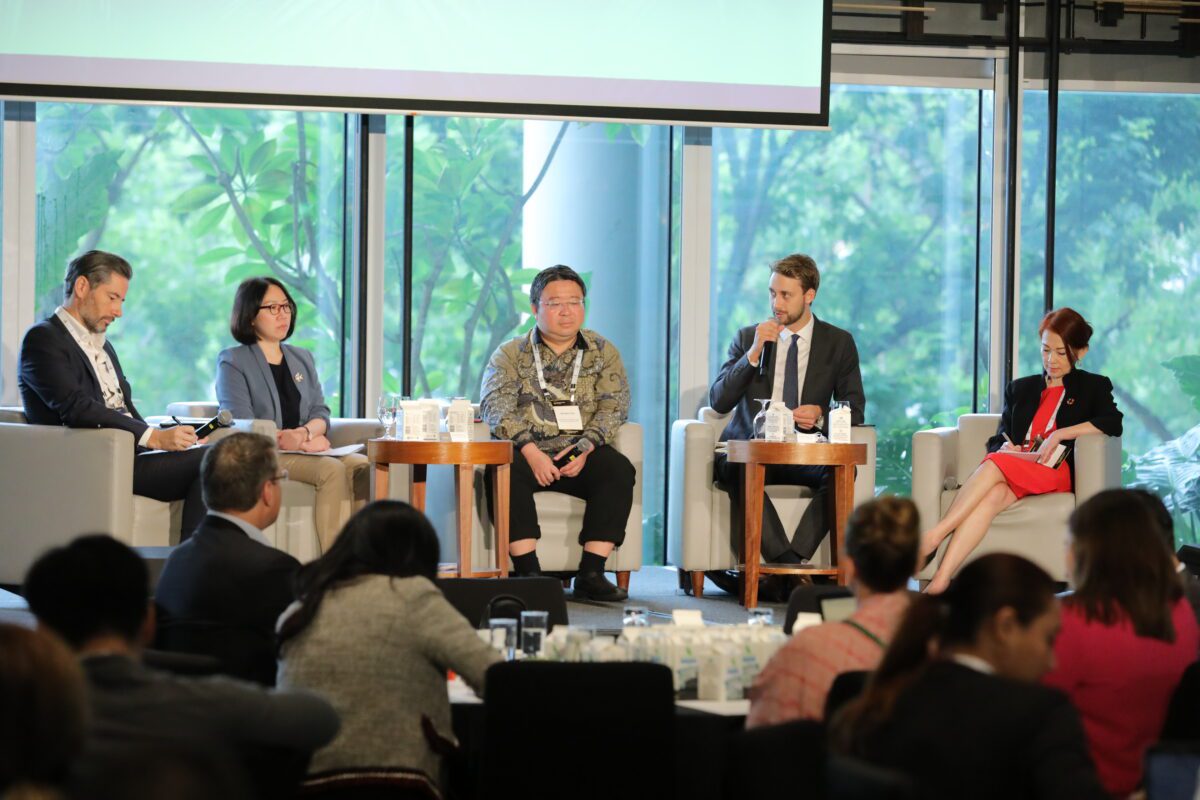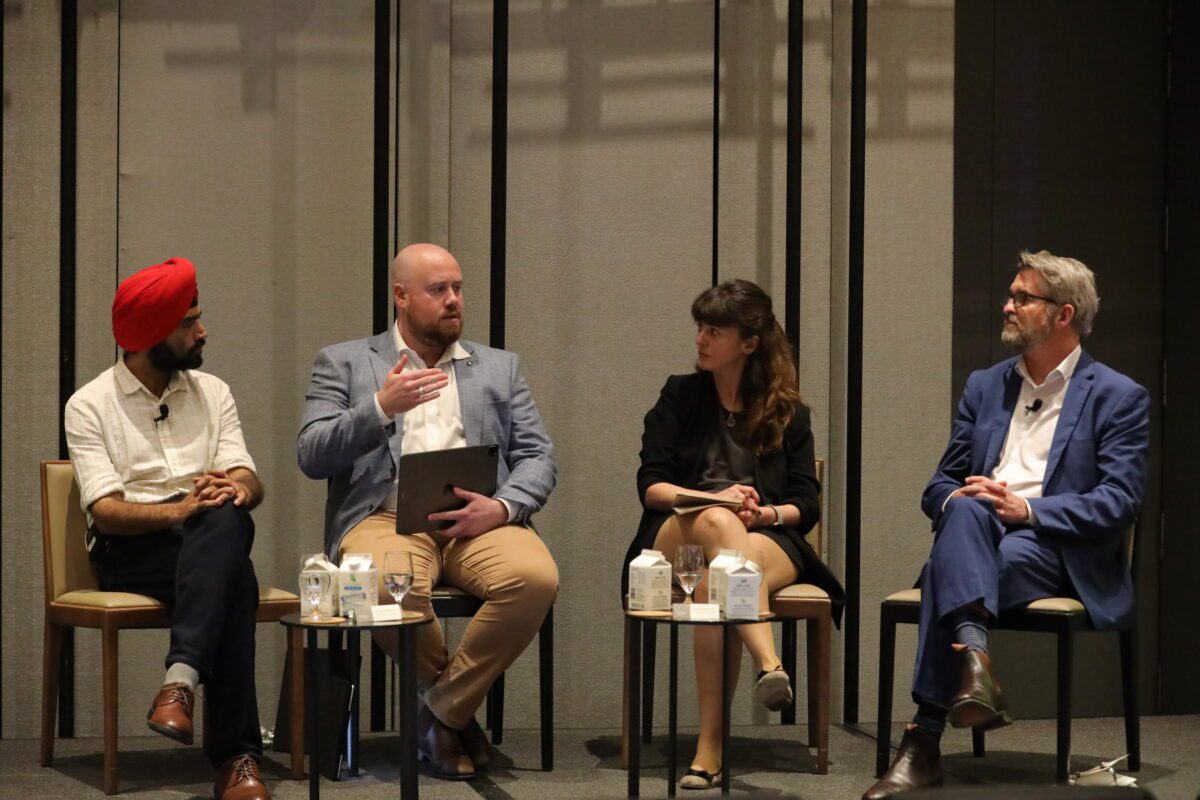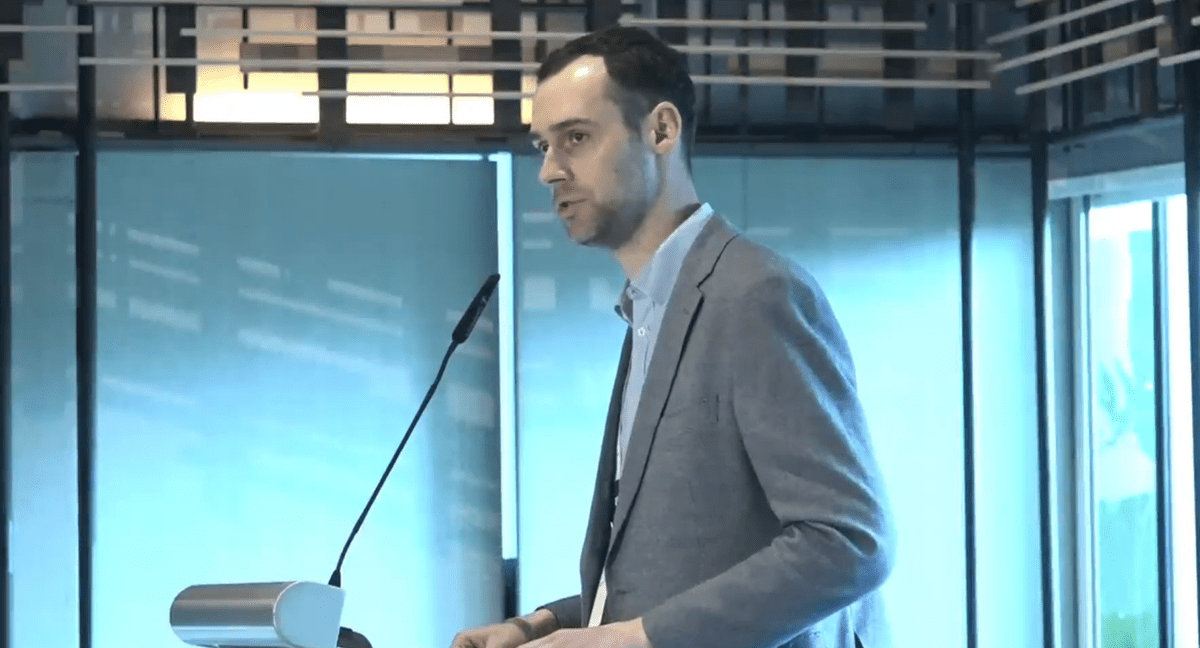Many companies are deterred by the complexity of carbon markets, putting at risk global efforts to raise finance to fight climate change and protect biodiversity, experts told a Carbon Market & Investor Forum in Singapore.
Big tech companies and some other leading businesses are buying large volumes of carbon credits, Bain & Co expert senior manager Gwyneth Fries told the forum, which was hosted by Australia’s Carbon Market Institute.
However, other companies aren’t yet convinced that investing in carbon projects is an attractive value proposition, and this is particularly true for projects that earn credits by protecting and restoring nature, Fries said.
Scaling up investment in decarbonisation depends in large part on working out ways to get these companies involved in carbon markets and nature-based projects, Fries said, adding that a key task to achieve that is to make participation simpler.
On the upside, Fries noted that many companies are now looking for carbon and nature projects “that are specifically meaningful to them”.
For that reason, Fries cautioned that scaling up investment isn’t just a matter of offering companies carbon credits at a good price. It’s also a matter of inspiring corporates and making projects meaningful for them, she said.
Charis Yeap, green finance and carbon pricing lead with the UK Foreign, Commonwealth and Development Office, told the forum that more effort needs to go into better educating companies about how to participate in carbon markets, and how best to use carbon credits.
Yeap added that discussions of climate change often don’t sufficiently highlight the related issues of risks to the natural environment, and opportunities to fight climate change by investing in nature.
Fixing this knowledge gap will depend in part on ensuring a rapid uptake of the Taskforce on Nature-related Financial Disclosure (TNFD) framework for reporting nature impacts and dependencies, which is modelled on the ‘TCFD’ climate risk disclosure framework, Yeap said.
Yeap added that investors looking for potential projects in South-east Asia need to realise that the 10 member countries of ASEAN have very different appetites for risk, and large differences in their capacity for domestic investment.
Investors “have to understand each market and its own its unique qualities”, she said.
Bryan McCann, commercial director of origination with carbon credits marketplace Climate Impact X, told the forum that it is important to make carbon markets feel “safe and accessible” for many companies.
The task is to “make it possible for them to buy carbon credits without making it extraordinarily complicated for them to do so”, he said.
This is crucial given that most sustainability managers within companies have very little time to devote to carbon credit purchasing, McCann said. A lot of companies don’t even have full-time sustainability managers, he added.
McCann noted that, despite the complexity and recent criticisms, corporate buyers generally haven’t left carbon markets.
“Some are still buying but many are waiting,” he said, adding that there’s a “great wave” of companies that are at least preparing the groundwork to become carbon credit buyers, through greater investment in talent, for example.
Increasing government pressure to disclose emissions is also having a positive impact, and there is also growing investor and consumer pressure, he said.
Andreas Kodell, head of environmental markets with Australian bank ANZ, told the forum that linking the fight against climate change with efforts to protect and restore nature is a key way to inspire people to become involved in carbon markets.
Matt Spannagle, director of climate and nature in the Asia-Pacific for international development firm Palladium, told the forum that governments also have an important role to play in scaling up investment in decarbonisation by financing pilot and proof-of-concept projects.
Investors also need to be prepared to go beyond their comfort zone, Spannagle said. It’s important to “push harder if we really want to scale up. We’re not going to do it by incremental change,” he said.
*Ends
About the Carbon Market Institute
The Carbon Market Institute (CMI) is a member-based institute accelerating the transition towards a negative emissions, nature positive world. It champions best practice in carbon markets and climate policy, and its over 150 members include primary producers, carbon project developers, Indigenous organisations, legal, technology and advisory services, insurers, banks, investors, corporate entities and emission intensive industries. The positions put forward constitute CMI’s independent view and do not purport to represent any CMI individual, member company, or industry sector.
For further information, contact Thomas Hann on 0408 880 536 or thomas.hann@carbonmarketinstitute.org



